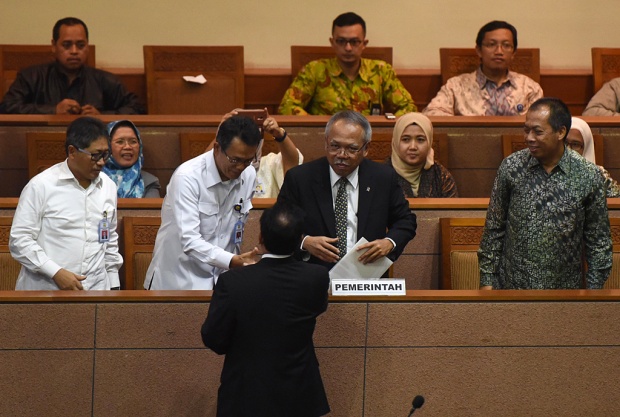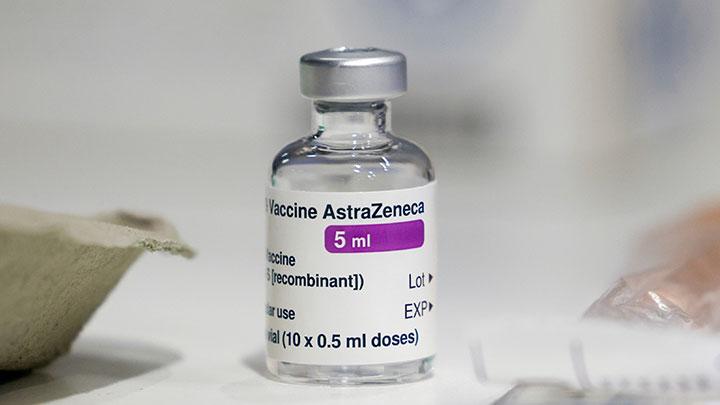
TEMPO.CO, Jakarta - The Government Regulation on the Public Housing Savings Program has sparked controversy. It adds to the burdens of workers and businesses.
THE government has lost empathy and sensitivity to the problems of the people. When most of the people are facing economic difficulties as a result of the Covid-19 pandemic, President Joko Widodo has issued a government regulation on the Public Housing Savings Program (Tapera). Although this program has a noble aim, the announcement is sorely mistimed.
According to this regulation, every employee earning at least minimum wage will become a Tapera participant. Savings contributions from participants are set at 3 percent of salaries, with 2.5 percent paid by the employee and 0.5 percent by the employer. Participants in the scheme are civil servants, members of the Indonesian Military and the Indonesian National Police, employees of state-owned enterprises and private employees. Self-employed people are responsible for their contributions.
This regulation was issued at the wrong time. Millions of people have lost their jobs as a result of the pandemic. The salaries of many of those who are still working have been reduced in order to keep companies afloat. People's buying power has fallen. The burden on workers, especially those on minimum wage, will be even heavier if they are forced to save for a home. On top of this, the government has just increased the contributions for the Health Care and Social Security Agency by almost 100 percent effective July 1.
It is not only people on low incomes who will be burdened by the Tapera scheme, which will begin in January next year. Entrepreneurs who are experiencing problems with their company cash flows because of the almost total halt to business activities in the last three months will be confused. What they really need are pro-business policies and stimuli to set the wheels of business in motion again.
At this difficult time, the government should be easing the burden of the people. Housing is not a priority for workers. Paying for their daily needs is already difficult, yet alone if they have to set aside some of their income for housing savings. The government could implement this program after the pandemic is over, when the national economy has improved, cash flows have been had recovered and workers' incomes have returned to normal. When this has come to pass, the Tapera regulation will be effective in helping workers to own their own homes.
The issuing of this regulation also shows that the government has relinquished its responsibility to provide suitable housing for its citizens as mandated by the Constitution. The government claims that the housing savings contributions are to help realize the dreams of workers to own homes. But with the Tapera scheme, the government is failing to discharge its responsibility because the money for building homes will come from the people themselves.
Another problem worth closer study is the credibility of state institutions in managing public funds. The collection and management of tens of trillions of rupiah per year that is to be increased through investment have the potential to result in moral hazard if it is not implemented according to sound management principles. The government must keep a very close eye on things to ensure that the funds do not become a cash cow for irresponsible people.
The Tapera Management Agency should learn from Asuransi Jiwasraya's failure to payout. The affair illustrates the latent problem with state-owned companies, namely poor financial management, and arbitrary investment. The management of the funds that should be used for the good of the people creates a new problem that becomes a burden on the finances of the state.
Read the Complete Story in this Week's Edition of Tempo English Magazine





















